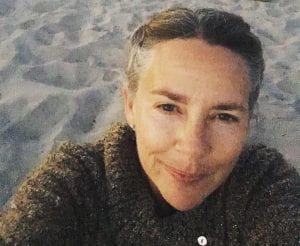I received my B.A., M.A., and Ph.D. from the University of Texas at Austin. As an undergraduate student, I studied abroad in Mérida, Venezuela, where I learned to speak Spanish. I fell in love with Mérida, returning to live and work there for a few years after I completed my B.A. Though it only lasted a short time, this period of my life was profoundly transformational on both a personal and professional level.
Back in Austin, I embarked on an M.A., then a Ph.D. program in Spanish. The Romance Linguistics Program I was a part of allowed me to take courses across several different academic disciplines. As a result, I was exposed to a variety of perspectives within the speech sciences. I eventually settled on experimental phonetics as my area of specialization. For my dissertation, I combined an interest in sound systems with my knowledge of Venezuelan Spanish to conduct fieldwork and run a speech production experiment that analyzed features of two Venezuelan dialects.
The multidisciplinary nature of my training has shaped the way I approach my work, both as a foreign language educator and a researcher. In the classroom, I draw on my speech sciences background to help students in a number of ways: with their pronunciation in Spanish, with understanding how languages are organized and how words fit together to make sentences, with recognizing key words in a stream of speech, and (crucially) with practicing the art of communicating concepts even with a limited number of words.
In my research, I look at how people’s language experience affects the way they produce and understand speech. I’m especially interested in how speech can be used to communicate ideas consciously (for example, through a speaker’s choice of words and how they use them in sentences), but also unconsciously (for example, through accent or speech mannerisms). Discovering the patterns that underlie these similar but different mechanisms is fascinating work!
